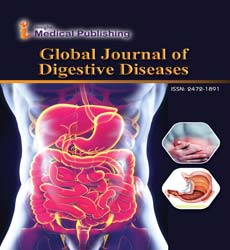Abstract
Adjuvant Therapy in Pancreatic Cancer
Adjuvant treatment following curative resection for pancreatic cancer is now well established. Historically, the role of adjuvant therapy post resection was uncertain, as was the best form of adjuvant, the choices lying between adjuvant chemotherapy, chemoradiation or a combination of these. The landmark randomized controlled European Study Group for Pancreatic Cancer (ESPAC)-1 trial, provided the strongest evidence for the benefit of adjuvant therapy. ESPAC-1 showed a strong survival advantage for chemotherapy comprising 5-fluorouracil (5-FU) with folinic acid (FA), but no support for the use of chemoradiation. The CONKO-001 trial showed that gemcitabine was also superior to surgery alone. The ESPAC-3 trial showed no superiority for gemcitabine over 5-FU/FA although gemcitabine was less toxic. The effects of adding biological agents or combining agents within regimens are being investigated as well as neo-adjuvant therapies being compared with adjuvant therapy. A network meta-analysis has confirmed reduced survival and increased toxicity with adjuvant chemoradiotherapy. Adjuvant systemic chemotherapy with either gemcitabine or 5-FU/FA following curative resection for pancreatic adenocarcinoma continues as the mainstay of treatment. The five-year survival rates are around 25% with chemotherapy compared to resection alone, with a significant survival benefit also shown for patients with R1 positive resection margins.
Author(s):
Frances Oldfield,Paula Ghaneh,Richard Jackson, Christopher Halloran
Abstract | Full-Text | PDF
Share this

Google scholar citation report
Citations : 112
Global Journal of Digestive Diseases received 112 citations as per google scholar report
Abstracted/Indexed in
- Google Scholar
- Sherpa Romeo
- WorldCat
- Publons
- Secret Search Engine Labs
Open Access Journals
- Aquaculture & Veterinary Science
- Chemistry & Chemical Sciences
- Clinical Sciences
- Engineering
- General Science
- Genetics & Molecular Biology
- Health Care & Nursing
- Immunology & Microbiology
- Materials Science
- Mathematics & Physics
- Medical Sciences
- Neurology & Psychiatry
- Oncology & Cancer Science
- Pharmaceutical Sciences
